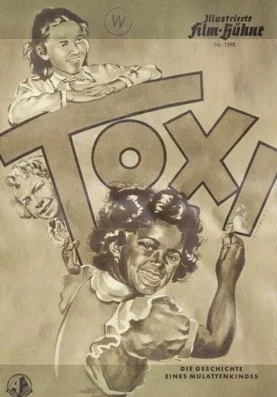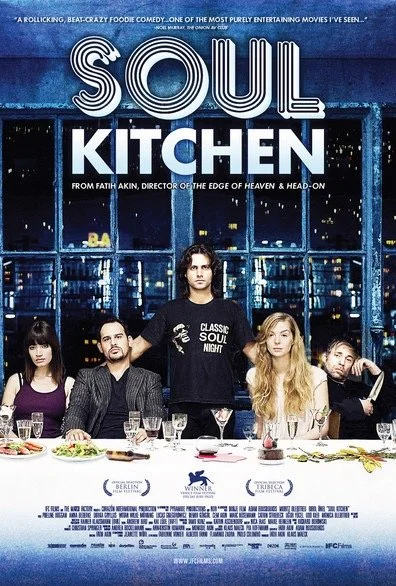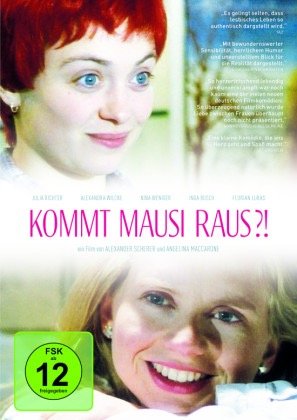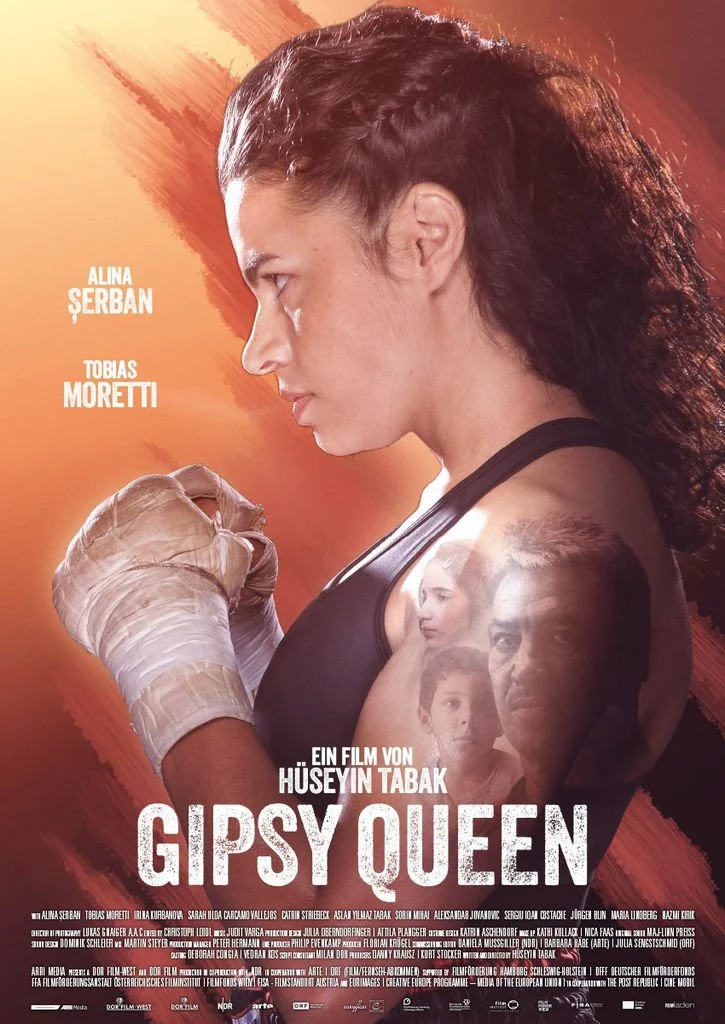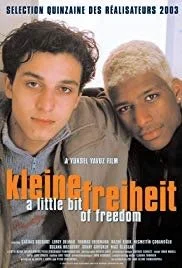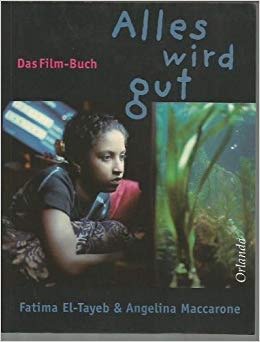- Activism
- Animation
- Asylum
- Austria
- Berlin
- Black Germans
- Childhood
- Cologne
- Colonialism
- Comedy
- DDR
- Documentary
- East/West Germany
- Environment
- Food
- Hamburg
- Health
- Holocaust
- Immigration
- Intergenerational Families
- Jewish
- Judicial system
- Lesbian/Gay
- Lübeck
- Munich
- National Socialism
- Politics
- Pomerania
- Racism
- Religion
- Sexism
- Short films
- Stuttgart
- Switzerland
- Twins
- Weimar Republic
Toxi
The melodrama, film begins with a young Afro-German girl being left at the doorsteps of the Rose family—white middle-class Germans—assembled for a birthday party. Initially, most family members treat the young girl with relatively welcome arms as they believe she is only giving a performance as a birthday surprise from an aunt. The family later discovers a suitcase that was left on the doorsteps and realize that the young girl, Toxi, has in fact been abandoned. Once the family learns that Toxi has been abandoned there is a shift in feelings regarding their acceptance of her; the possibility of the girl spending more time at the home than was expected forces members of the family to confront their racism.
Soul Kitchen
Soul Kitchen is a 2009 German comedy film directed by Fatih Akın, with a screenplay by Akın and Adam Bousdoukos. Bousdoukos based the story on his own experiences as the owner of a Greek tavern named “Taverna,” where Akın was a regular customer. Akın filmed the movie entirely in the Hamburg area.
The American Friend
Wim Wenders pays loving homage to rough-and-tumble Hollywood film noir with The American Friend, a loose adaptation of Patricia Highsmith’s novel Ripley’s Game.
Kommt Mausi raus?
Young Mausi (a nickname) leaves her hometown - a very small province town in northwestern Germany - to live in the city of Hamburg. Being about 18 years old she has just finished school and seeks her freedom away from home. She knows she loves women but never dared to live accordingly. In Hamburg she soon finds a lover and a good friend, too, and the strength to face the narrow-minded people at home. After struggling with it for some time she returns for a visit to tell at least her mother and best friend.
Gypsy Queen
Ali, a courageous woman and single mother of two kids, works with the trainer and owner of a rundown box club in order to provide for her family. Ali has the heart of a lioness, is proud, doesn't complain and works herself to the bone for her two children, as a cleaner in Hamburg’s famous nightclub “Ritze.” But deep in her heart Ali carries a wound: after she became an unmarried mother in Romania she was disowned by her father - for whom, until then, she was the Gypsy Queen, the queen of all Roma. When Ali discovers the boxing ring in the Ritze’s basement one day and gets to watch a fight, it brings back memories of boxing training with her father. Fully equipped and disappointed by life, Ali vents all her fury on the punching bag one evening. Tanne, ex-boxer and owner of the Ritze sees her and recognizes her talent. She starts to box again and sees the chance for a better life.
kleine freiheit
Kleine Freiheit is a 2003 film about the friendship (and later relationship) between two teenage boys who are illegal immigrants in Germany. The movie was critically well-received, particularly because of its accurate depiction of the Turkish–Kurdish conflict and the acting prowess of the nonprofessional actors. Cagdas Bozkurt won an acting prize at the Ankara film festival, while the movie won a viewers’ choice award in Istanbul. Kleine Freiheit, the German title of the movie, is a wordplay on Große Freiheit (Great Freedom), the rather famous name of a street in the red light St. Pauli district, in Hamburg, where the plot is set.
Fasia Jansen – Eine deutsche Biographie
Die uneheliche Tochter des liberianischen Generalkonsuls Momulu Massaquoi und des deutschen Zimmermädchens Elli Jansen erlebte schon früh Hänseleien und Ausgrenzung auf Grund ihrer Hautfarbe als auch auf Grund ihrer unehelichen Geburt. Die in einem Hamburger Arbeiterviertel aufgewachsene Jansen durchlebte in der Zeit des Nationalsozialismus die Probleme eines offensichtlich „nichtarischen“ Menschen.
Alles wird gut
This savvy and sexy film opens with its heroine, Nabou, a black lesbian living in Germany, being unceremoniously dumped by her lover Katja, a self-centered, blue-haired, white punker. Nabou takes a job cleaning Kim’s apartment, the straight black woman who lives in the same building just below Katja, ostensibly to stay as close as possible to her ex. Meanwhile Kim, with her own melodrama to deal with, feels overworked and underappreciated by her boyfriend, who is also her boss at the ad agency for which she works. While at first cool to and seemingly uninterested in each other, Nabou and Kim’s relationship blossoms over time, even as Katja decides she wants Nabou back and Kim’s boyfriend pops the big marriage question. With its hip soundtrack, overlapping story lines, and satirical take on racism, Everything Will Be Fine is a modern lesbian comedy sure to surprise and please.

